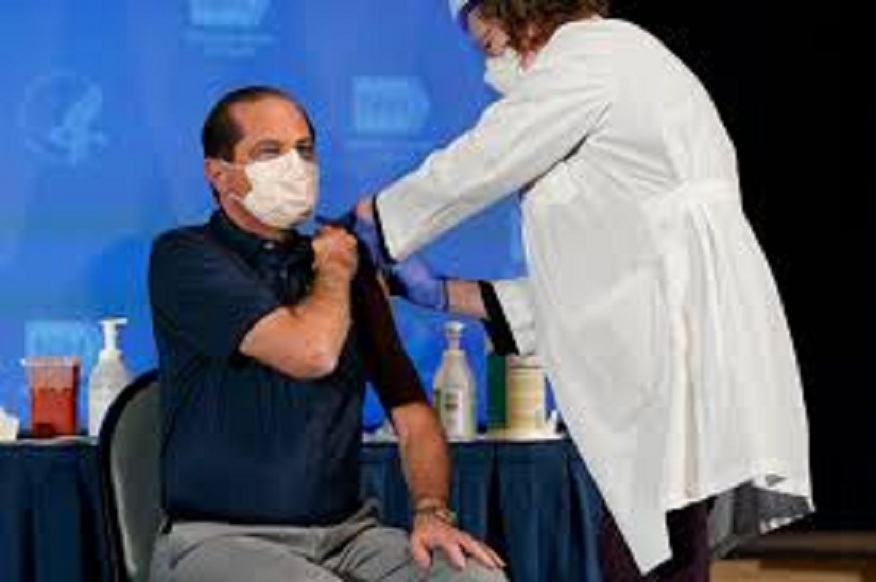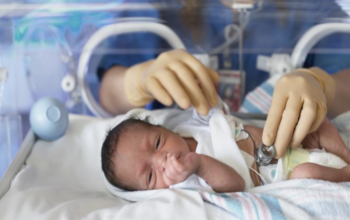Guillain-Barré Syndrome (GBS) is a rare but serious autoimmune disorder that affects the peripheral nervous system. It can cause muscle weakness, tingling sensations, and even paralysis. While the exact cause of GBS is unknown, it has been linked to viral infections and some vaccinations. This association with vaccination has raised concerns among the public about the safety of vaccines, particularly in the context of the COVID-19 pandemic.
In this blog, we will explore the prevalence of GBS after vaccination, the potential causes and risk factors, and the diagnosis and treatment of GBS. We will also discuss strategies for preventing GBS after vaccination and the importance of reporting suspected cases to improve our understanding of the condition. Our goal is to provide a comprehensive overview of GBS after vaccination and to help readers make informed decisions about vaccination.
The Prevalence of GBS After Vaccination
Guillain-Barré Syndrome (GBS) is a rare disorder that affects approximately 1-2 people per 100,000 in the general population each year. While the overall incidence of GBS is low, there have been reported cases of GBS following certain vaccinations.
The incidence of GBS after vaccination varies depending on the type of vaccine. For example, the seasonal influenza vaccine has been associated with an increased risk of GBS, although the risk is very small. According to the Centers for Disease Control and Prevention (CDC), the risk of developing GBS after the flu vaccine is approximately 1 in 1 million doses. In contrast, the risk of developing GBS after a COVID-19 vaccine is currently estimated to be between 2 and 5 cases per million doses administered, although these estimates may change as more data becomes available.
It is important to note that the risk of developing GBS after vaccination is still very small compared to the risk of developing GBS after a viral infection such as influenza or COVID-19. The risk of developing GBS after a viral infection is estimated to be around 17 times higher than the risk of developing GBS after the flu vaccine.
The Causes of GBS After Vaccination
The exact cause of Guillain-Barré Syndrome (GBS) after vaccination is not fully understood, but it is thought to be related to an abnormal immune response. Vaccines work by stimulating the immune system to produce an immune response, and in some cases, this response can lead to the development of GBS.
One theory is that the vaccine triggers an immune response that mistakenly attacks the body’s own peripheral nervous system. This can result in inflammation and damage to the myelin sheath that surrounds and protects the nerves. The myelin sheath is essential for proper nerve function, and damage to it can lead to the symptoms of GBS, such as muscle weakness and tingling sensations.
Another theory is that the vaccine may trigger the production of antibodies that cross-react with the peripheral nervous system. These antibodies can also lead to inflammation and damage to the myelin sheath, similar to the immune response theory.
It is important to note that while vaccines have been associated with an increased risk of GBS, the overall risk is still very low. In addition, GBS can also occur following a viral infection, with a much higher incidence than following vaccination.
Research is ongoing to better understand the relationship between vaccination and GBS, including the specific mechanisms involved in the development of GBS after vaccination.
The Risk Factors for GBS After Vaccination
While the overall risk of developing Guillain-Barré Syndrome (GBS) after vaccination is very low, certain factors may increase an individual’s risk of developing GBS after vaccination. These risk factors include:
- History of GBS: Individuals who have previously had GBS may be at a higher risk of developing GBS after vaccination.
- Age: The risk of developing GBS after vaccination increases with age, although it is still rare in all age groups.
- Certain medical conditions: Individuals with certain medical conditions, such as HIV or other autoimmune disorders, may be at a higher risk of developing GBS after vaccination.
- Recent viral infection: Individuals who have recently had a viral infection may be at a slightly increased risk of developing GBS after vaccination.
Diagnosis and Treatment of GBS After Vaccination
The diagnosis of GBS is based on a combination of clinical symptoms, physical examination, and laboratory tests. Symptoms typically include muscle weakness and tingling sensations, which can progress rapidly and affect the entire body. In some cases, GBS can also cause respiratory failure, which requires immediate medical attention.
Treatment for GBS typically involves supportive care, such as respiratory support and physical therapy. In some cases, intravenous immunoglobulin therapy or plasmapheresis may be used to help reduce inflammation and accelerate recovery.
Prevention of GBS After Vaccination
While the risk of developing GBS after vaccination is low, there are some steps that can be taken to reduce the risk even further. These include:
- Avoiding vaccines if you have a history of GBS.
- Reporting any symptoms of GBS to your healthcare provider as soon as possible.
- Being aware of the potential risks associated with vaccination, but also the benefits of vaccination in preventing serious diseases.
- Continuing to monitor and collect data on GBS cases following vaccination to better understand the relationship between vaccination and GBS.
Conclusion
While the risk of developing GBS after vaccination is very low, it is important for individuals to be aware of the potential risk factors, symptoms, and treatment options. By working closely with healthcare providers and being vigilant about reporting any symptoms of GBS, individuals can help to ensure that they receive prompt and effective treatment if necessary.
Don’t let a vaccine injury leave you feeling helpless. At Vaccine Law we’re here to help you navigate the legal process with confidence and ease. Contact us today to schedule a free consultation and take the first step towards getting the justice you deserve.




